Suzuki is launching a strategy that targets increasing its fleet sales by a third over the course of the next three years.
The plan was masterminded by Graeme Jenkins (pictured), the brand’s head of fleet, and has been more than two years in the making, since he joined the carmaker in 2017.
It requires dealers to sign up to a new Suzuki Business Partner programme, whereby they will handle incoming sales from contract hire and leasing companies but will also be responsible for generating their own local fleet sales.
“It’s not revolution, it’s evolution for our dealers to look at the 50% of the marketplace we haven’t previously had a proposition for,” said Jenkins.
He believes the opportunity for Suzuki in fleet is massive: “Suzuki is seen as a genuine challenger brand in the fleet market. We need to prove we have the capability to look after these new customers.”
To become a Business Partner, dealers must commit to having a dedicated member of staff for fleet and will be given fleet sales targets.
There will also be a requirement for dealers to have fleet specific sections on their websites and a strong social media presence.
Above all, dealers are expected to deliver a high level of customer service to the fleet industry.
“Our retailers are good at delivering very high service on a local level. We don’t want to dilute the brand and what we are about,” Jenkins said.
“A lot of our dealers are family businesses. Getting local business for them really matches the ethos of the brand. They can go out to small business that want maybe four cars that they might not have been able to do before. It’s very much about the local SME market.”
The brand will support Business Partners through two regional business sales development managers.
Those sites will also be the only Suzuki dealerships that can handle fleet sales through leasing and contract hire companies, plus the brand’s recently acquired Crown Commercial Service (CCS) contract.
Jenkins said: “The key thing is this is about incremental profitable fleet business. Not about taking retail and making it fleet.
“We will be advising them not to chase business around the country. We will also continue to manage relationships with the major leasing companies on their behalf.”
Suzuki has 160 dealers and expects 60-65 showrooms to sign up to be Business Partners.
Jenkins said around three-quarters of the dealer groups holding Suzuki franchises already have fleet experience with other brands, so the transition for them should be minimal. All dealers will be re-offered the chance to join the programme each year.
In the past, Suzuki has been a heavily retail-focused brand with more than 90% of sales purely retail.
Last year, the brand sold a total of 40,000 cars and true fleet sales accounted for around 25% of those. Jenkins hopes the new strategy will increase that figure to around 40% in the next three years.
Motability is a big part of Suzuki’s business, accounting for around 5,000 registrations per year. Jenkins said he is happy with this volume and added that Motability sales will continue to be offered through all Suzuki dealerships.
None of the Suzuki Business Partners will be permitted to deal with brokers as Jenkins feels this could lead to them chasing non-profitable sales rather than focusing on good quality local business.
“We aren’t going for the big corporate stuff,” he said. “We know the areas we can be successful in. The local SME market and public sector will be very strong for us.”
Suzuki’s two key models in the fleet sector are the recently facelifted Vitara and the Swift, with the latter especially popular among public sector fleets.
Next year, the brand will launch two new models as part of its partnership with Toyota, which will see Suzuki-badged versions of the new Toyota Rav4 and Corolla Touring Sports offered, complete with hybrid powertrains.
Jenkins said this will be a key partnership for Suzuki as it gives the carmaker two new vehicles in sectors it doesn’t currently compete in, and ones that are popular with fleets.



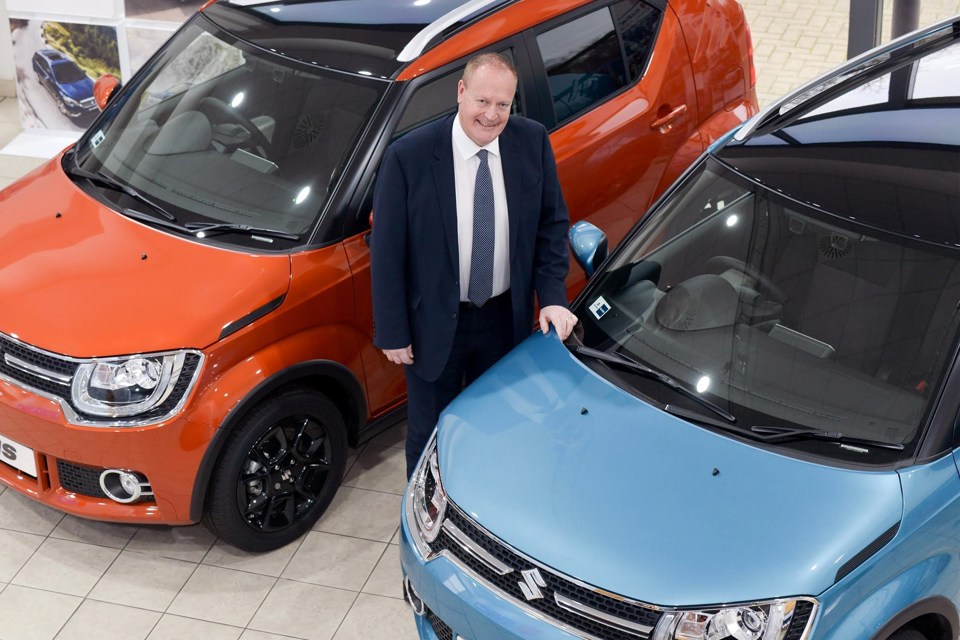


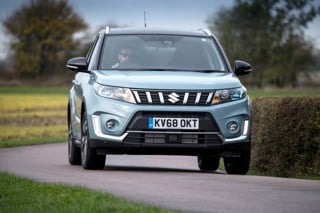
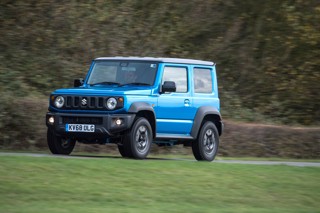
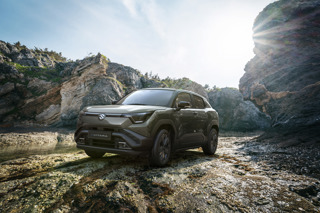
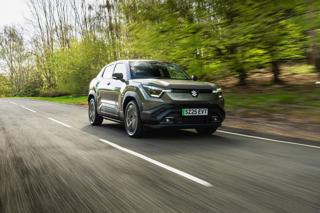












Login to comment
Comments
No comments have been made yet.